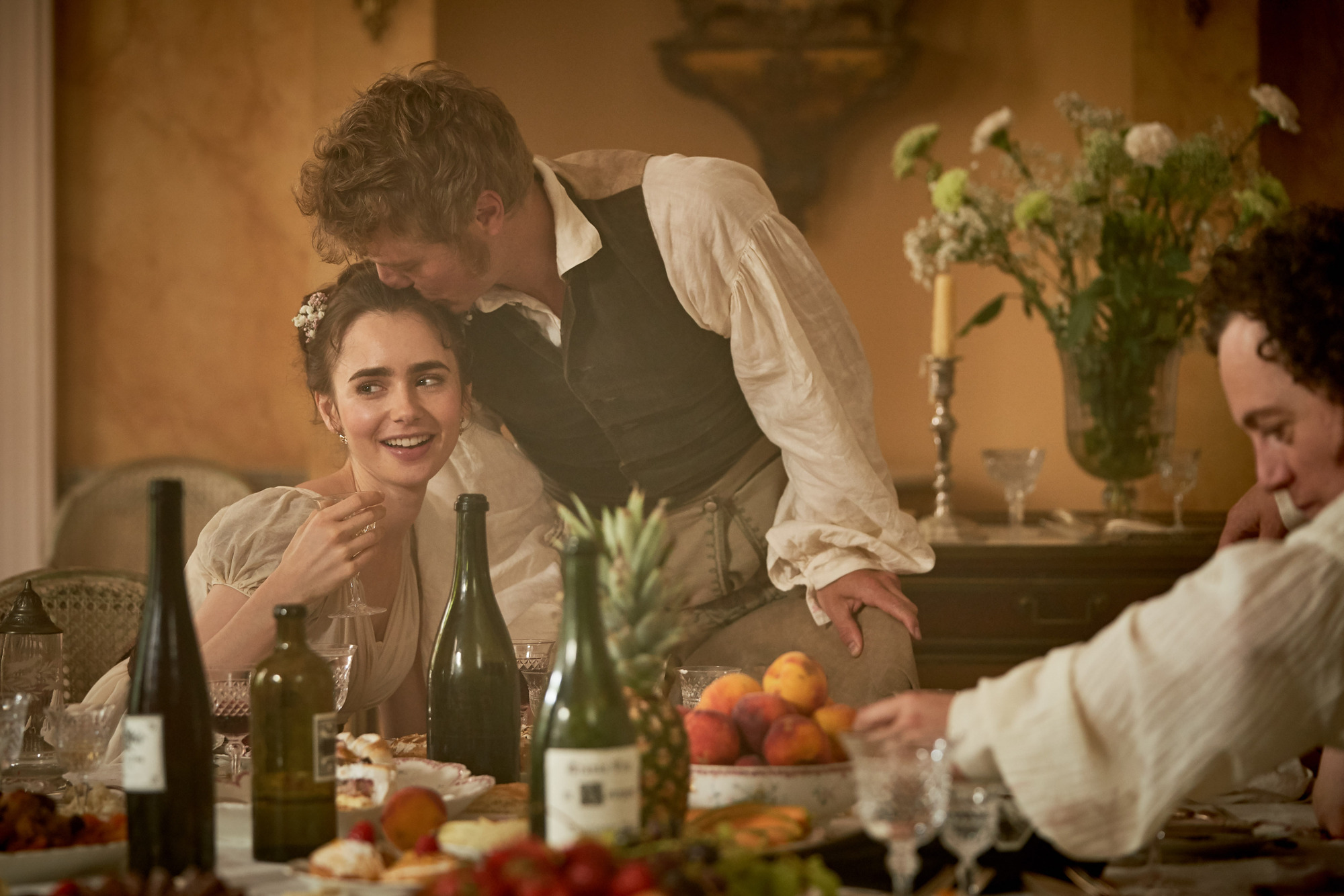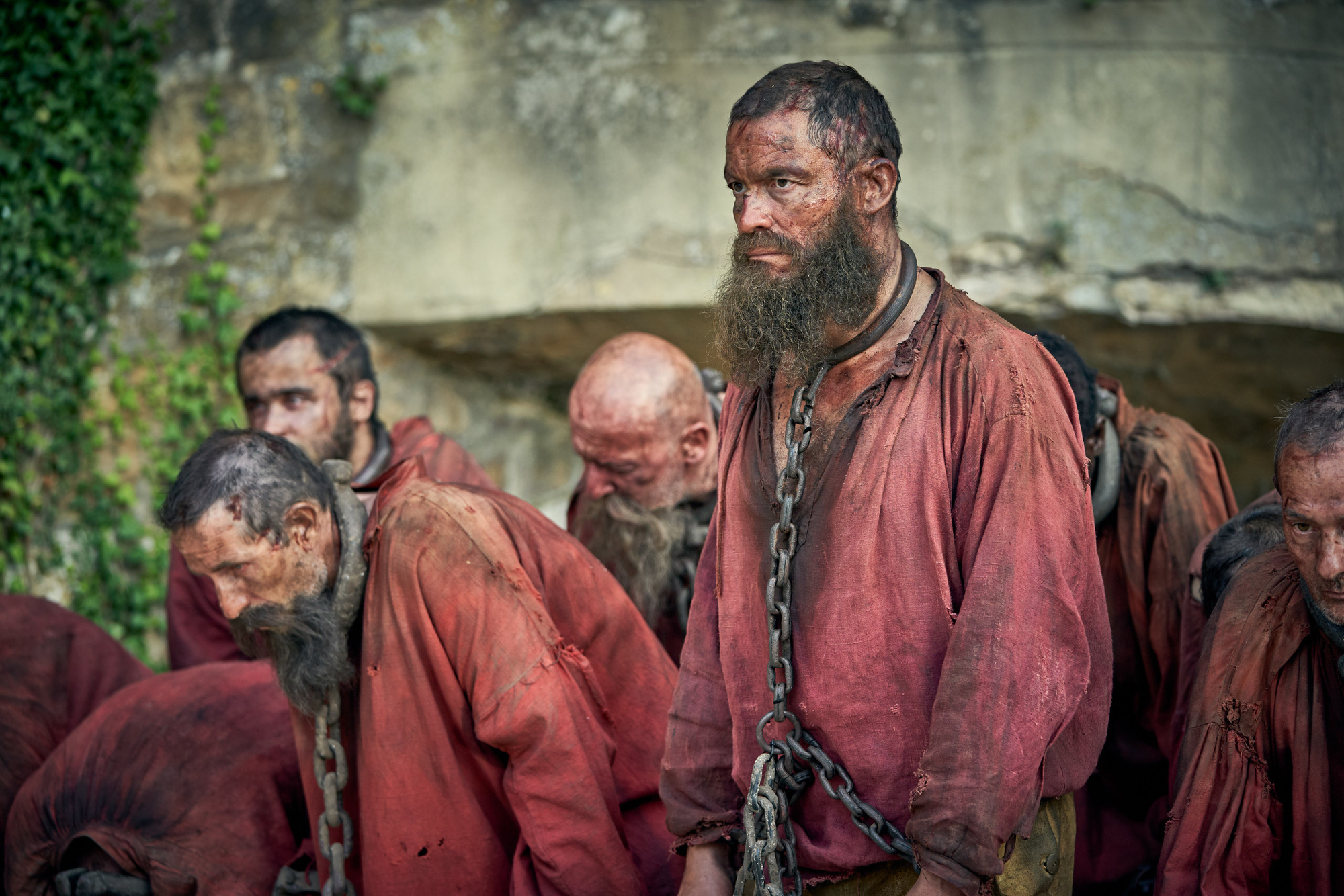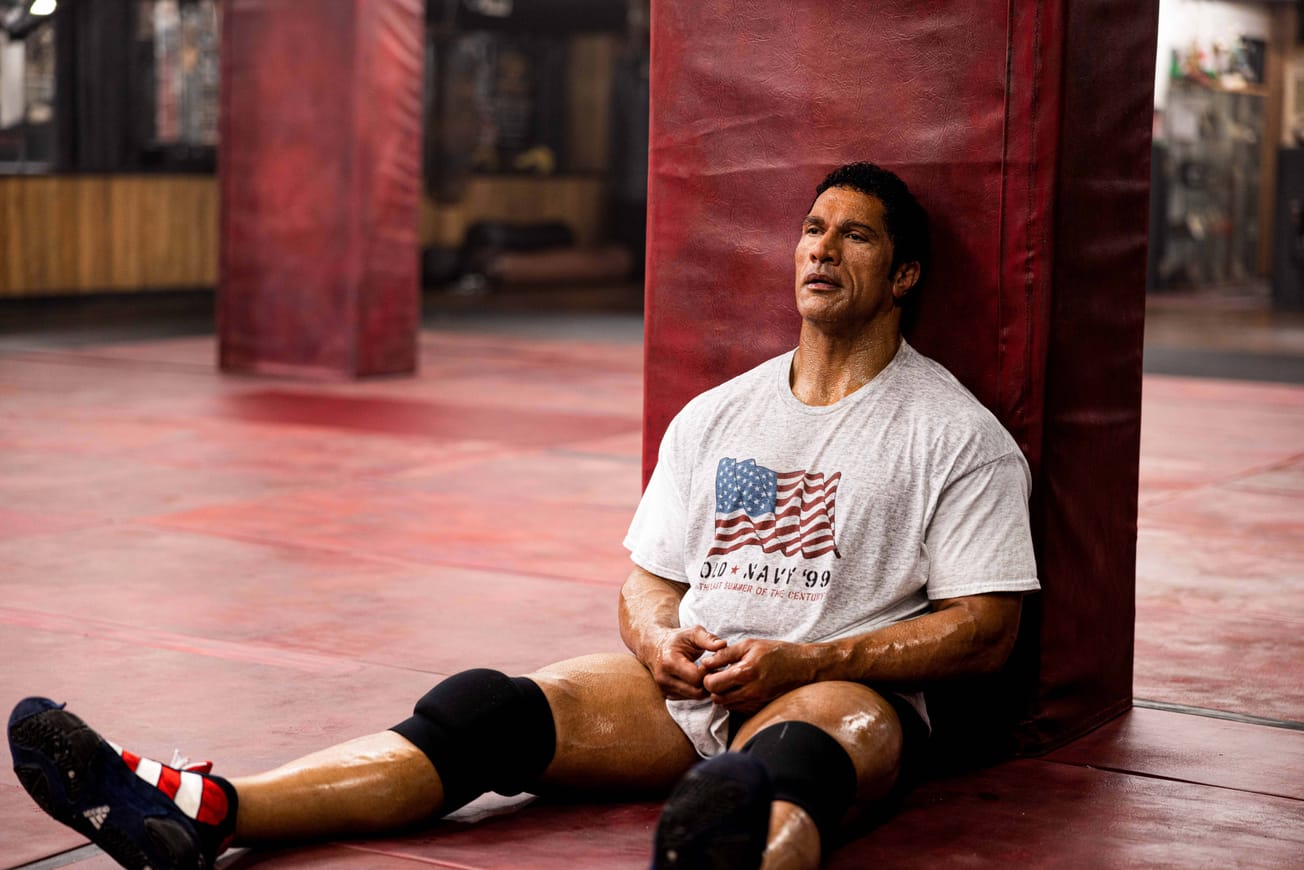By Siavash Minoukadeh, First Year, Liberal Arts
The latest adaptation of the epic French novel features none of the songs from the musical theatre version, but the first episode is comprehensive and promising for the rest of the mini-series.
The BBC must have known that a new adaptation of Victor Hugo’s Les Misérables was risky. Not only is the 1,200+ page classic a tangle of romance, morality and socio-historical commentary - fifty pages on the history of Parisian sewers anyone? - the stage adaptation is so popular that it’s difficult to think of the tale without the iconic songs.
Youtube / BBC
The first thing to note is that you won’t hear the people sing in this version. You certainly won’t hear Russell Crowe sing, as in the 2012 film. This is a good thing. Instead, we’re treated to masterful writing by Andrew Davies. Given his experience with adapting classics for TV, such as War and Peace (2016), it’s unsurprising that the show manages to juggle quite a few as-yet separate plots fluidly. It is helped by a wealth of on-screen talent and colourful cinematography that gives the show some vibrance, though at times it veers more towards Call Me by Your Name (2017) than a call to the barricades.
Fantine (Lily Collins) is a Parisian seamstress bursting with youthful innocence and head over heels in love with rich boy Felix (Johnny Flynn) despite the warnings of her wiser friends. It’s lucky she naively falls in love so quickly because she only has a few months with her lover. After a whirlwind summer of frolicking in Paris with her lover and his funds, off goes Felix before the end of the episode, leaving nothing more than a letter.
Never mind a daughter. Seeing Fantine hold baby Cossette and softly weeping in the final moments of the episode makes it clear that Fantine’s days of carefree romance are firmly over. Though her final line - ‘Whatever are we going to do now?’ - is hardly subtle, it does make it clear that her path in life has been irrevocably changed.

Photo courtesy of BBC
So has that of Jean Valjean (Dominic West). While a prisoner, Valjean is hard to read, West choosing to do most of his communication through steely gazes: at the cobblestones he’s being forced to march on; at the prison guard who he traps under a rock before freeing enigmatically; and of course, at his inspector, Javert (David Oyelowo). The two develop a rivalry as quickly as Fantine falls in love and the contrast between Javert’s immaculate uniform and rigid discipline and Valjean’s wild look and unbridled temper makes for compelling viewing.
Wrestling between crime and honesty throughout the first hour, Valjean seems to choose the former. He’s forced to reconsider after being caught - as Javert points out, Valjean isn’t the most competent criminal - only to be freed by a kindly priest, who is played beautifully by Derek Jacobi. Walking off, Valjean is weighed down by the prospect of being an honest man, though it takes one final theft for him to truly transform.
People aren’t going to believe this but the novel #LesMiserables by Hugo doesn’t have any songs in it either.
— Stig Abell (@StigAbell) December 30, 2018
With so much emotional turmoil in one episode, it would seem as though there’s little room for much subtext but there are small clues for what’s yet to come. Mixed in with the main plots is the politically fraught upbringing of Marius (the older version to be played by Josh O’Connor). We also get a glimpse of Thénardier (Adeel Akhtar) who is a more insidious figure than fans of the musical would recognise.
Hugo also wrote the novel to critique French society and the show hints at the fact that the ‘misérable’ ones aren’t just the characters we encounter, but thousands of others like them. Valjean is just one of a huge chain of prisoners and Felix leaving Fantine isn’t just indicative of his heartlessness, but of his social class. The commentary is less on the nose than the raucous barricades of the musical, but it’s there.

Photo courtesy of BBC
This first episode required a lot of heavy lifting. Comparisons with the musical are inevitable and the show has managed to set itself apart, and now has an independent, coherent voice. At the same time, it establishes a number of strands of the original plot and sets the scene for the action that is to come. It’s a miracle there’s room this early for any emotional moments at all and if the quality wavers at a few moments, it’s forgivable. If it can build upon this solid start, the remaining five episodes of Les Misérables should be outstanding.
Les Misérables is broadcast on BBC1, Sundays at 9pm.
Featured Image: Photo courtesy of BBC
Would you have rather the TV series feature the musical numbers?
Facebook // Epigram Film & TV // Twitter









